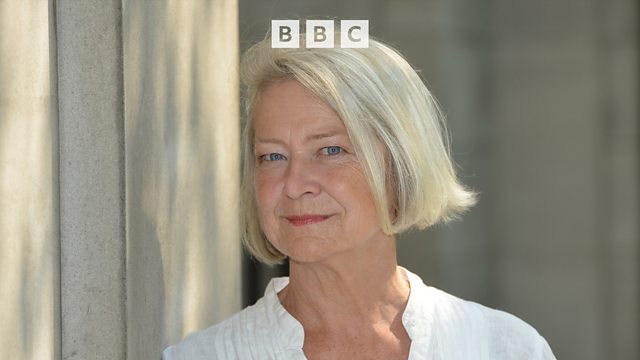A Haitian Odyssey Across The Americas
A journey from Haiti through 11 countries to reach the US; Thailand's youth protest stifled; Bolsonaro's fans-turned-critics; Australia's coal culture; first impressions of Beirut
In recent weeks, images of thousands of Haitian migrants living in squalid conditions in a temporary camp in Texas have caused widespread shock and anger in the United States. US Border patrol agents on horseback forced many of them back across the Rio Grande into Mexico. Thousands more were deported back to Haiti, which is in the grip of its deepest economic and political crisis for years. The US Special Envoy to Haiti, Daniel Foote, resigned last month in protest at the Biden Administration’s deportations policy, which he described as “inhumane” and “counterproductive”. Some of the migrants say it was also arbitrary, with no clarity about the process deciding who made it into the US and who was sent home. Will Grant met two families, at the US-Mexico border and in Haiti, whose journeys north came to very different ends:
Last year, Thailand was rocked by student-led protests, which for the first time broke a taboo on criticising the monarchy. But the Thai government led by General Prayuth Chan-ocha fought back, using a raft of repressive laws to prosecute the protest leaders. Together with a rapid rise in Covid infections, that appeared to put a stop to the street rallies. The protest gatherings have now resumed but on a smaller scale. As Jonathan Head has been finding out, the heady optimism of the students last year has been replaced by a harder-edged realism over just how long it might take to reform Thailand’s politics.
Last weekend, thousands of people from 150 towns and cities across Brazil joined street protests against its President, Jair Bolsonaro. Many of them were angry about his handling of the pandemic which has killed at least 600,000 Brazilians so far. Not all the criticism is centred on Covid, though. Some of his former supporters are now calling for his resignation too – and their concerns are more ideological. The President is as combative as ever – and he still has control of Congress, though his public support has slumped to its lowest level yet in opinion polls. Katy Watson reports from Sao Paulo.
Questions about the future of coal have caused some of the deepest divisions in modern Australia. The debate may soon get even sharper as COP26 and other climate-change summits try to push rich nations to set a faster pace in giving up fossil fuels. Australia still uses coal to generate about 70% of its electricity, making it the most carbon-polluting nation per person in the world. As Phil Mercer explains, the country’s vast natural resources help fuel its domestic politics, as well as its power stations.
And the �鶹��’s new Middle East correspondent Anna Foster offers some personal first impressions of settling in to her posting to the Lebanese capital, Beirut - and of the extraordinary resilience which keeps the city's people going.
Producer: Polly Hope
Podcast
-
![]()
From Our Own Correspondent
Insight, wit and analysis as �鶹�� correspondents tell stories beyond the news headlines.


